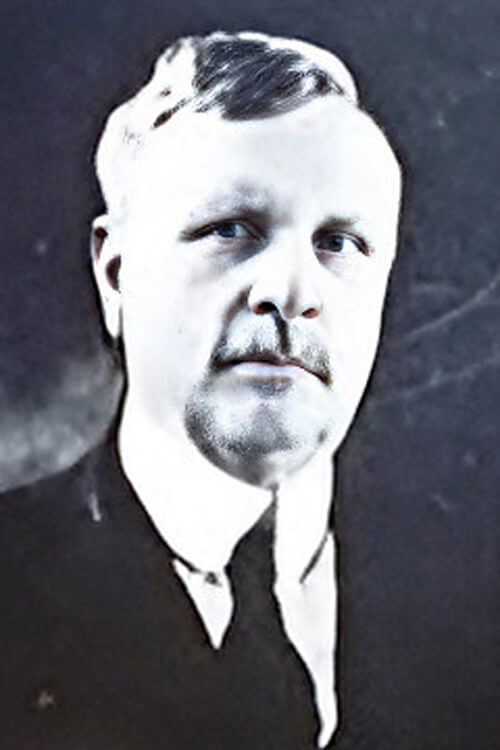
Gustavus Hindman Miller
Gustavus Hindman Miller (1857–1929) was a merchant, manufacturer, financier, capitalist farmer, author, and public-spirited citizen of Chattanooga, Tennessee.
Biography.
Gustavus was born in frontier Texas on September 4, 1857, in a small board house on a ranch on Raney’s Creek, Beat No. 3, near where the present site of Coryell County now stands.
He was the eldest son of Franklin Lafayette Miller (b. 1832, Millersburg, Tennessee; m. 18 Oct. 1862) and Emily (McGee) Miller (b. 11 May 1841, Jackson, GA), early pioneer settlers of that county. Interesting sketches of their experiences and accomplishments are given in Millers of Millersburg (1923), a family record published by Gustavus H. Miller in conjunction with J. Bailey Nicklin, Jr.
He had two brothers, Felix Grundy Miller III (b. 17 Dec 1859; d. 18 Oct 1863), who died at age three, and Franklin Lubbock Miller I (b. 21 Jan 1862), who later became one half of the Miller Brothers.
He and his brother Frank were toddlers when their father died in army (CSA) camp in Galveston, Texas, on 18 October 1862. Yellow Fever took Franklin Lafayette Miller, and he never faced combat.
In his book, The Millers of Millersburg, Miller reminisced:
“It is interesting to follow the illusive tracery in memory across that hazy life span between the ages of four and seven. My father and Grandmother McGee died when I was about four years of age. I only remember seeing my father going to the barn or attending to the stock—a colt or calf was prominent in my affection at that age. I only remember to have seen my grandmother when cooking. She must have encouraged me, her second grandson, to love her by giving me such dainties as she could prepare from meager after-servings. My grandmother’s death lost her children a boundless love. My memory of these two ancestors is undoubtedly due to an inherited love of saddle and bridle and a more primitive instinct to look for something to eat. I do not remember seeing my father about the house or any game he may have played with us.”
His mother remarried, on 20 March 1865, to James Franklin Mayfield (b. 20 Dec. 1846). The orphan brothers were raised in the crowded house of their maternal grandfather (James Lowery McGee b. 29 Dec. 1816, Jackson Co., GA d. 10 Jul. 1895, TX), along with the two groups of children sired by that worthy, and his surviving wife. Between the large number of mouths to feed and the depressed conditions following the Confederate loss of the Civil War, conditions for all the inhabitants of the McGee household were grim.
Miller recalled:
“About two years after grandmother’s death, grandfather married a young widow with two children, Mrs. Hannah Miller, daughter of William Miller. Six children were born to this marriage. Owing to my mother’s second marriage, my grandfather became the guardian of my brother and myself. We, therefore, spent much of our time in his home. When the family was rounded out, there were four sets of children: ten by his first wife, six by his second, two stepchildren, and two grandchildren. My grandfather was a man of sterling character; the trick fellow who would cheat in a trade did not appeal to him. He had contempt for many successful men because he believed them dishonest. He used to trade in a dry goods store with two brothers. He said one was honest, but the other was not. Time proved his insight correct.”
G. H. Miller obtained his education in the common schools of Coryell County, Texas, from 1867 to 76, at the old board hut and the old rock house. In 1870, the census listed Gus and his brother Frank living with their mother, stepfather, two half-siblings, and a lodger in Bosque County, Texas.





